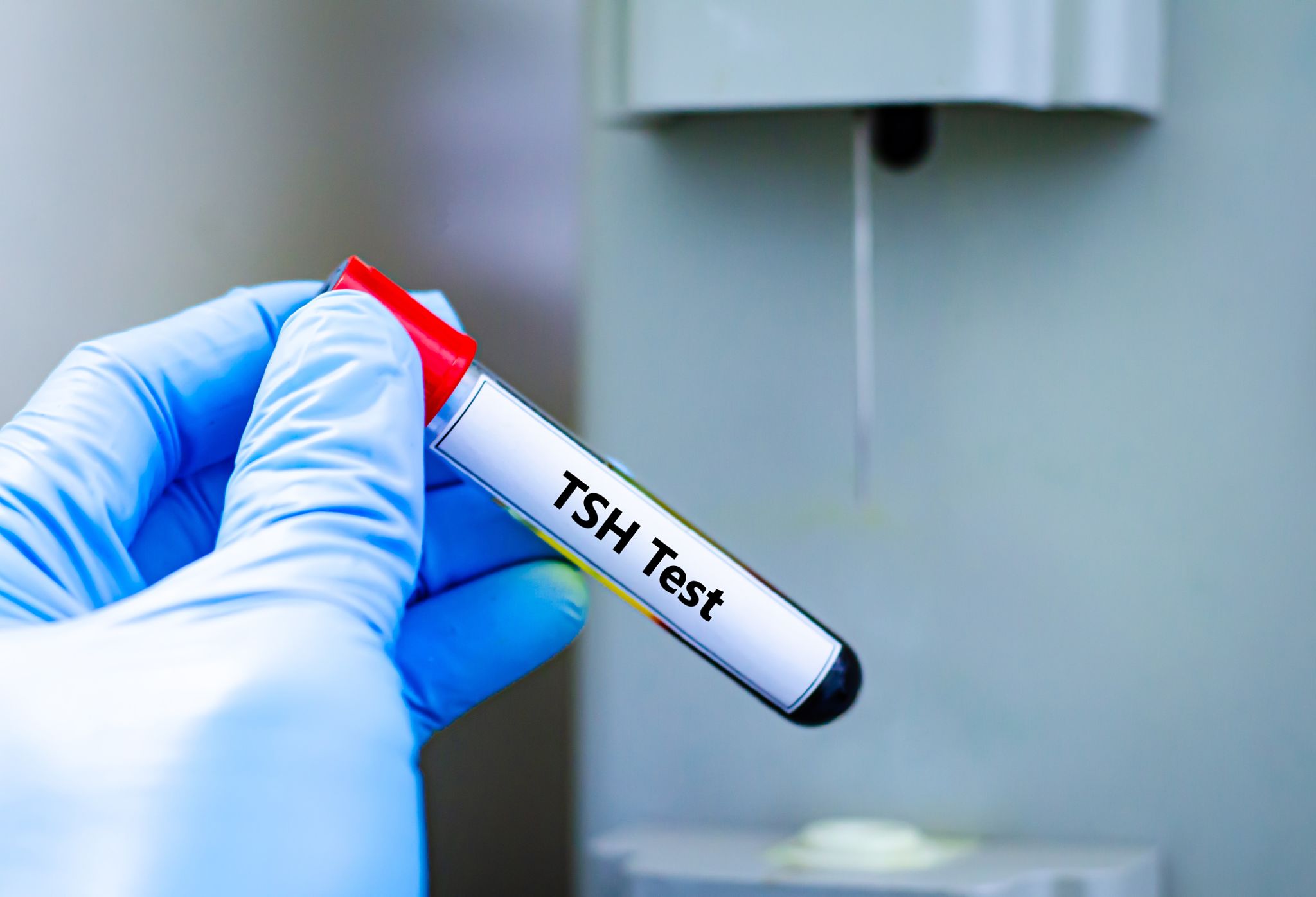Expert Advice: Common Misinterpretations of Thyroid Function Tests and How to Avoid Them
Understanding Thyroid Function Tests
Thyroid function tests are crucial tools in diagnosing and managing thyroid-related disorders. These tests typically include measurements of Thyroid Stimulating Hormone (TSH), Free T4, and sometimes Free T3 or thyroid antibodies. However, interpreting these results can be challenging, leading to common misinterpretations that may affect patient outcomes. Understanding these pitfalls can help healthcare providers and patients alike.

The Role of TSH Levels
TSH is the primary hormone used to assess thyroid function. A common misinterpretation occurs when TSH levels are viewed in isolation. High TSH levels generally indicate hypothyroidism, while low levels suggest hyperthyroidism. However, it's essential to consider the entire clinical picture and not rely solely on TSH. Variations in TSH can be influenced by factors such as stress, medication, and even the time of day when the blood sample is taken.
Importance of Free T4 and Free T3
Free T4 and Free T3 offer additional insight into thyroid health, providing a clearer understanding of the thyroid gland's activity. While TSH gives a general sense of whether the thyroid is overactive or underactive, Free T4 and Free T3 measure the actual hormones produced by the thyroid gland. An accurate interpretation involves correlating these levels with TSH to form a comprehensive view of thyroid function.

Common Misinterpretations
One frequent mistake is assuming that normal lab values always equate to normal thyroid function. Reference ranges are averages and may not apply to every individual. For example, some patients may experience hypothyroid symptoms despite having TSH levels within the normal range. This scenario often occurs in cases of subclinical hypothyroidism.
Subclinical Thyroid Disorders
Subclinical thyroid disorders, where patients have mild abnormalities in their hormone levels without overt symptoms, can be tricky to diagnose. These cases require a careful approach, considering both lab results and clinical symptoms. Regular monitoring and a personalized treatment plan are often recommended.

Strategies to Avoid Misinterpretations
Healthcare providers can take several steps to avoid misinterpretations of thyroid function tests:
- Comprehensive Assessment: Always assess thyroid function tests in conjunction with a patient's clinical history and symptoms.
- Regular Monitoring: Regular follow-ups can help detect any changes in thyroid function over time.
- Consult with Specialists: Endocrinologists can provide valuable insights for complex or atypical cases.
Patient Education
Educating patients about their condition is crucial for effective management. Patients should understand that thyroid function tests are just one piece of the puzzle and that their symptoms and overall health status are equally important in guiding treatment decisions.

Conclusion
Accurate interpretation of thyroid function tests is vital for effective diagnosis and management of thyroid disorders. By understanding common misinterpretations and adopting a holistic approach to patient care, healthcare providers can ensure better outcomes for their patients. Patients should also be informed about their condition, enabling them to actively participate in their healthcare journey.